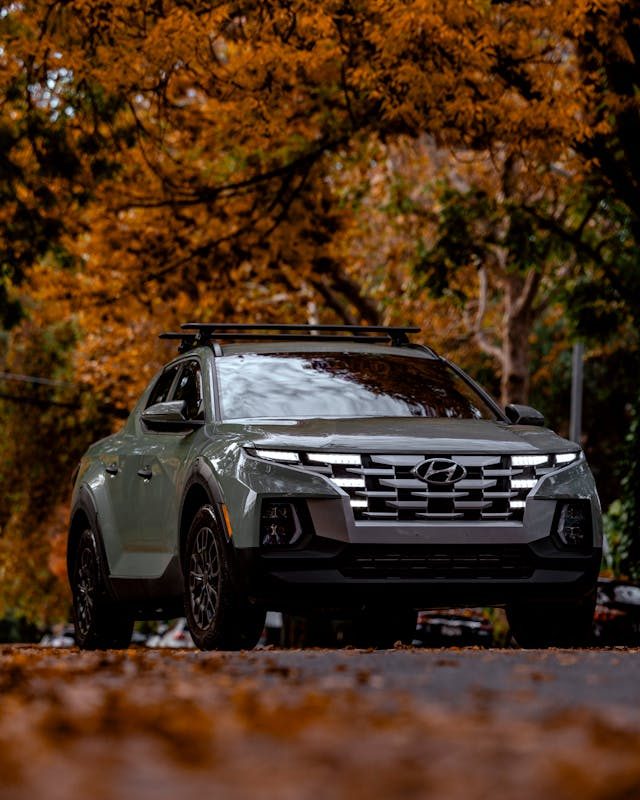Car ownership is a beautiful thing – unless you are struggling with the expenses of having one. Whether you’re not sure you can continue to afford your car, or you’re simply looking to save a few dollars on car ownership, there is probably a way to make that happen.
Avoid Fines Due to Expired Illinois Licence and Tags
The first way to avoid overpaying is to stay legal, as in make sure your plates and license do not expire to avoid fees due to expired tags or an expired city sticker. It may seem like a no brainer, but Illinois drivers unnecessarily spend thousands of dollars on fines each year due to expired tags. It’s been more and more common since the state stopped sending out those reminders to save money.
Driving with an expired driver’s license can be even more costly. If your car gets towed, you may be on the hook for hundreds of dollars in tickets and tow fees on top of that pricey ticket you’re going to find on the windshield. Better to simply stay on top of your auto insurance and everything else you need to drive legally and safely.
Drive a Smaller Car
Drivers of Kias and Honda Fits spend hundreds of dollars less a year on gas than those with SUVs. If you’re thinking of trading in your car for a new (or used) one, make the miles per gallon of your new car the highest priority.
Consider a Hybrid Vehicle
Many Americans have ditched their gas guzzlers for hybrid vehicles. Some do it for environmental reasons, but you can expect to get twenty to thirty-five percent better gas mileage than driving your regular car, according to GreenAmerica.org. Those dollars not spent on gas will add up fast!
Lower Your Car Insurance
Perhaps you could be spending less on car insurance. You don’t want to cut out any essentials, but a call to your insurer might reveal an unexpected shortcut to lower bills. Raising your deductible and bundling with home insurance are two ways that drivers make this happen.
Refinance Your Auto Loan
Are your loan terms as favorable as they could be? If your car is in good condition, you should be able to refinance your loan. Call banks and other lending institutions to get a few quotes and compare them with your existing one. If you can get one with a lower interest rate, you might have less trouble making those monthly loan payments.
Drive Fewer Miles – or at Different Times of the Day
Have you ever discovered a new shortcut by accident? We all get into our driving routines, so much so that there might be a better route right under your nose. Look up alternate routes to work, including how long they take at different times of the day. Taking a different road a half hour earlier or later could translate to less time sitting in rush hour traffic.
Filing Your Tires & Other Ways to Maximize Your Gas Efficiency
A lot of little habits contribute to the relative efficiency of our driving. We may not notice it at the pump immediately, or we might notice a difference over time and not know why we’re gradually paying more or less.
Things such as filling your tires to the recommended tire pressure are correlated with better gas mileage. Taking care of that routine maintenance you’ve been putting off is another one. Car repairs will always end up costing more. Even slow-coasting – going a bit slower so you’re not forced to hit the brakes unnecessarily – has been shown to maximize one’s gas efficiency.
Use Your Car to Make More Money
Car ownership may be expensive, but cars also give us the power to make money. If you can’t make your car payments but really want to hold onto your vehicle, it may be time to consider a side hustle or other way to make more dough. A better-paying job is another possibility, now that you have the wheels to get there.
Visit CFSC Auto Services in Illinois & Wisconsin for Helpful Auto Services
Visit your nearest CFSC Auto Services next time you need to update your stickers, replace a stolen plate, or register a new vehicle. We’ve got a lot more in the way of financial and auto-related services, as well. Just ask!
Skip the DMV lines and visit CFSC Auto Services today!




